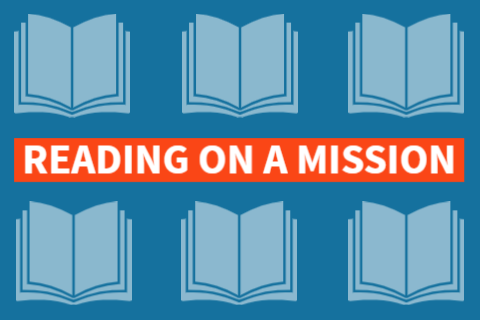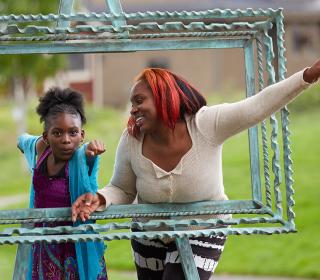There is no doubt that those in the AAPI community have experienced discrimination and violence, particularly Asian American women and elders, both historically and since the beginning of the COVID-19 pandemic. Growing awareness of this racism is important, but part of this education involves celebrating and elevating AAPI stories of fostering roots in the face of bigotry and honoring culture above bias.
Here is a sampling of pieces, some written by and some written about (and some both) AAPI women navigating a culture that is ever-changing.
- Grace Lee Boggs, Chinese-American activist, spent her life reckoning with the philosophy of being human, what one person can physically do versus giving in to an automatic response to the emotion behind activism. "I was aware that people were suffering, but it was more of a statistical thing…I was coming into contact with it as a human thing."
While Boggs died just a few months after this story on her century of life was published, it is a century worth revisiting and she is an enduring source of inspiration.
- Suzanne Nuyen is a writer, editor, and self-proclaimed "noodle enthusiast." Currently working as an Engagement Editor at NPR, here she rounds up a collection of conversations for a greater understanding of the increase in violence against the AAPI community.
- Despite the recent uptick in discrimination against the AAPI community, history was made in April 2021 as Chloé Zhao became the first Chinese filmmaker, first BIPOC woman, and second woman overall to take home the Academy Award for Best Directing for her film NOMADLAND.
When accepting her award for the film that, in this piece, was described as an ode to community, Zhao stated “I have always found goodness in the people I met, everywhere I went in the world."
- Hinaleimoana Wong-Kalu, also known as Kumu Hina, a Native Hawaiian transgender woman who is also part of the māhū (people in Hawaiian culture who embodies a third gender between male and female) advocated for marriage equality two years before the U.S. Supreme Court legalized it.
Here, Wong-Kalu is among a list of Hawaiian “Women of the Century” as one of the first out transgender candidates for a political office– making waves culturally and creating forward motion for equity.
- Mid-April, 2021, Erika Moritsugu was appointed as the White House Asian American Pacific Islander liaison. Weijia Jang, senior White House correspondent for CBS News, reported on her appointment which comes in the wake of Moritsugu’s role as vice president at the National Partnership for Women & Families.
Here is a list of ways that you can support the AAPI community.
Who in the AAPI community inspires you? Help spread the word by sharing with us on social media by tagging @ywcaworks on Twitter and Facebook and @ywca_sks on Instagram.

Annalee Schafranek is the Marketing & Editorial Director at YWCA. She contributes agency news, press releases, and media coverage to the website. Annalee’s educational and professional experience has always focused on the place where gender equity and media meet.
We share the stories of our program participants, programs, and staff, as well as news about the agency and what’s happening in our King and Snohomish community.

